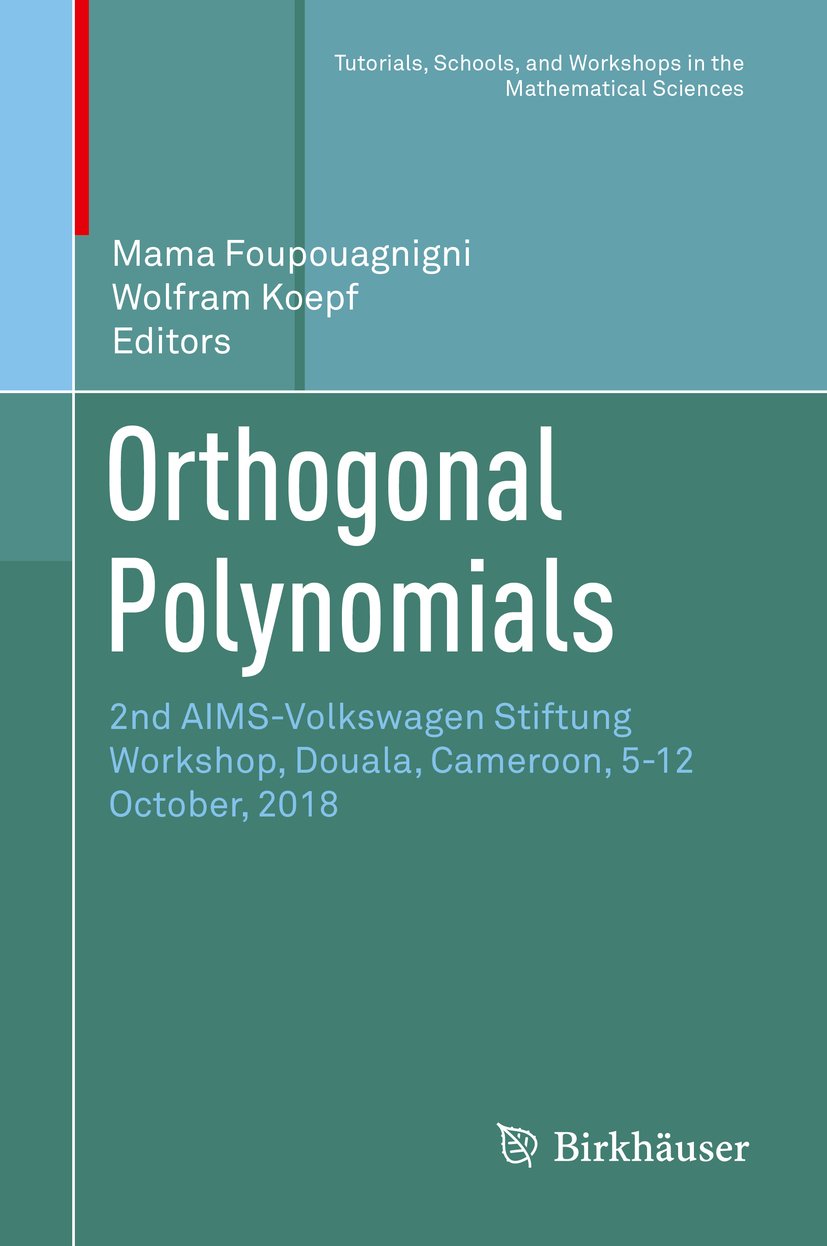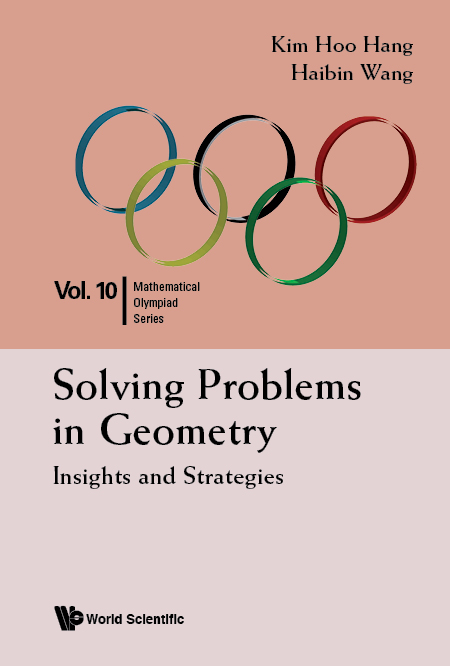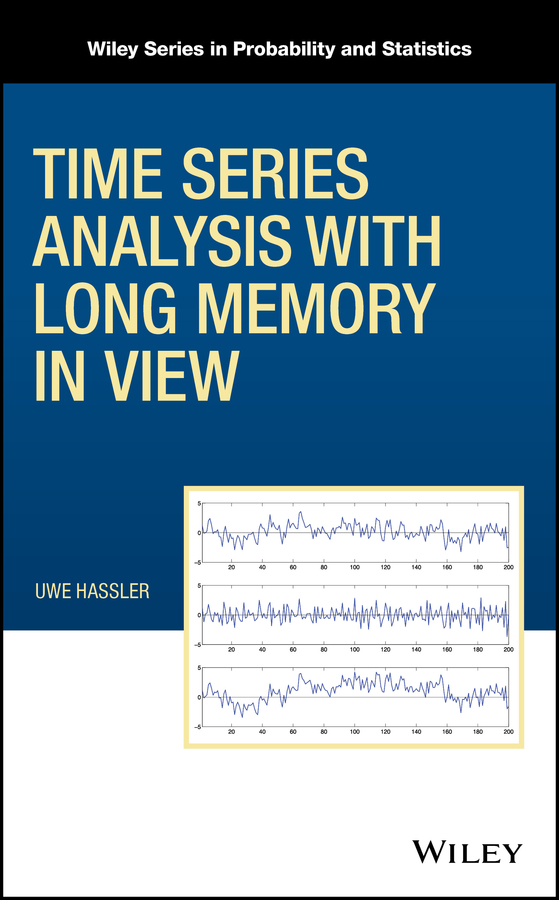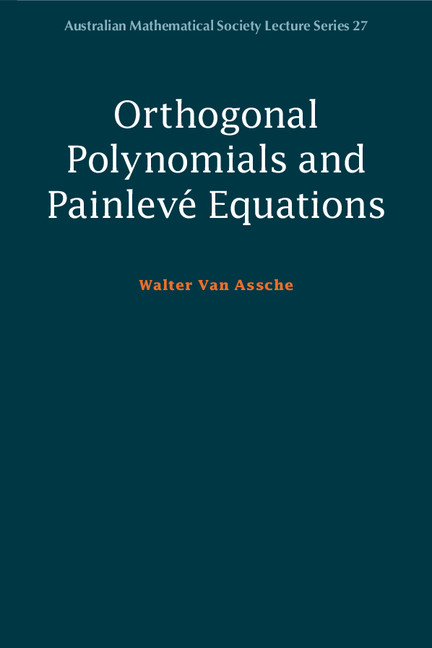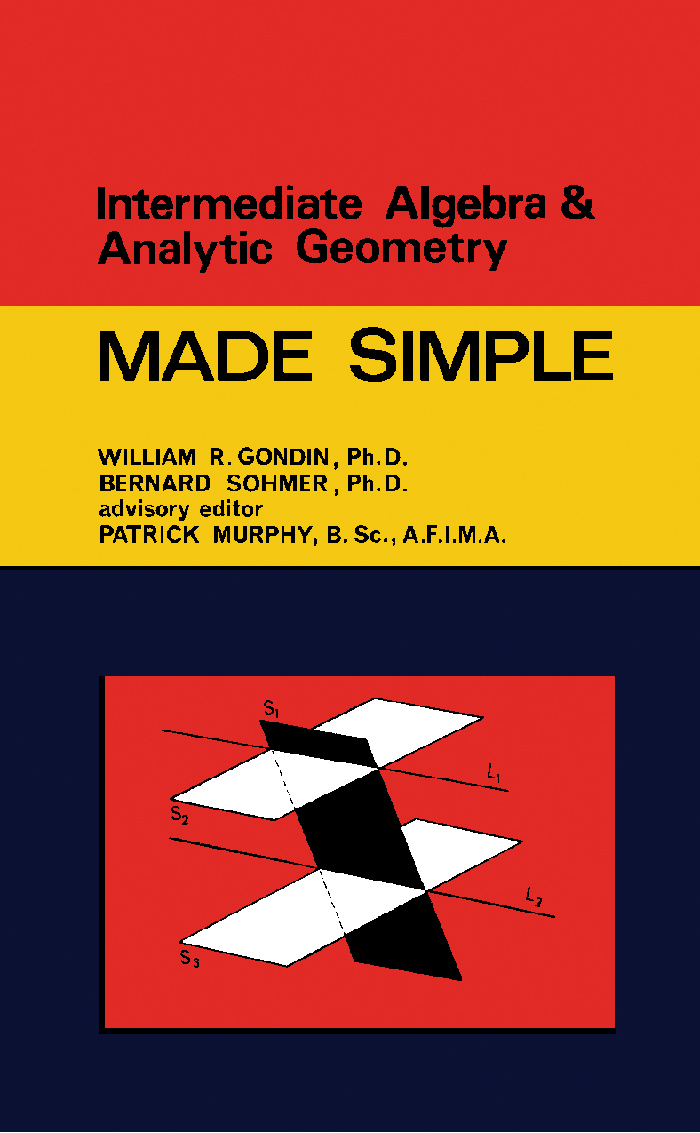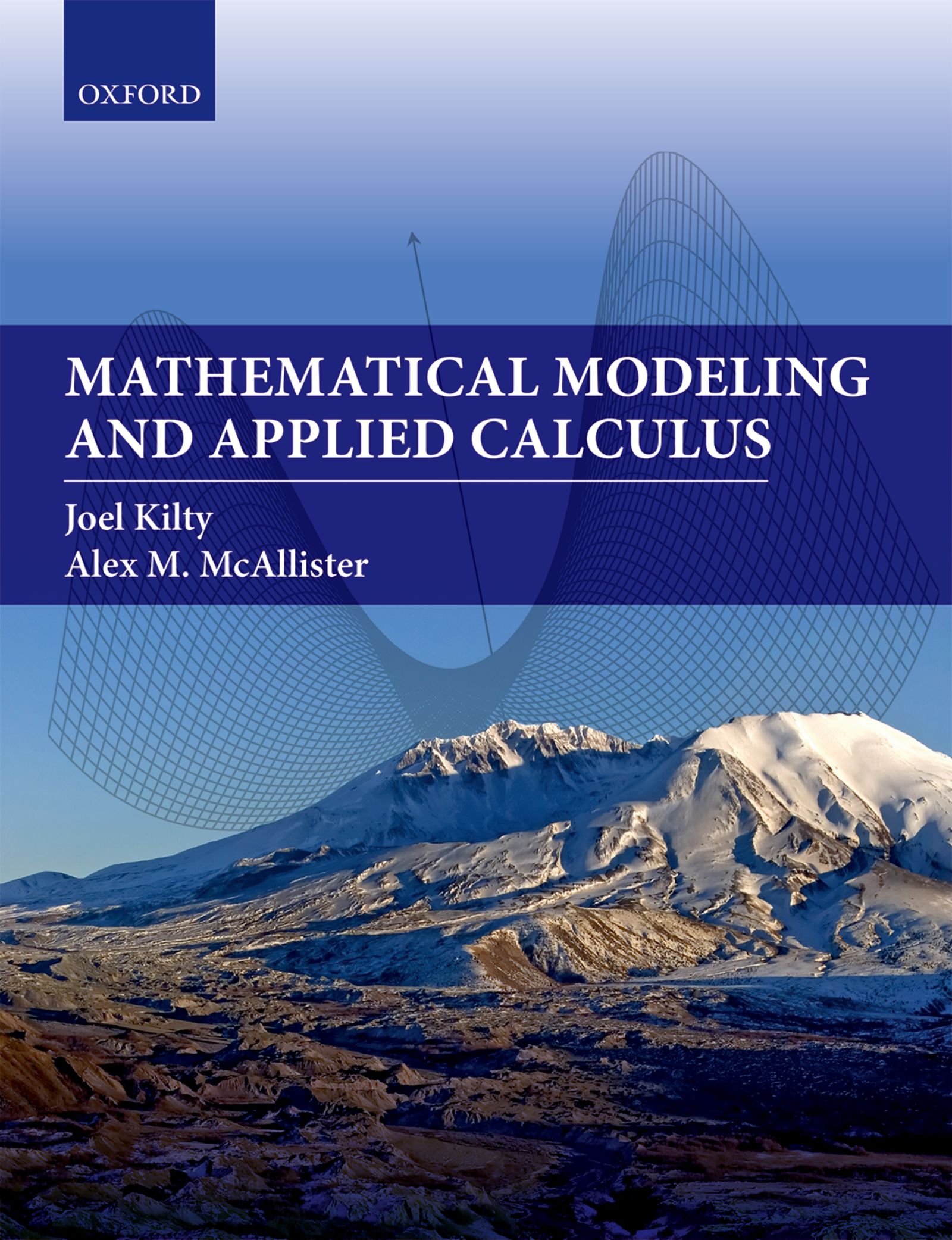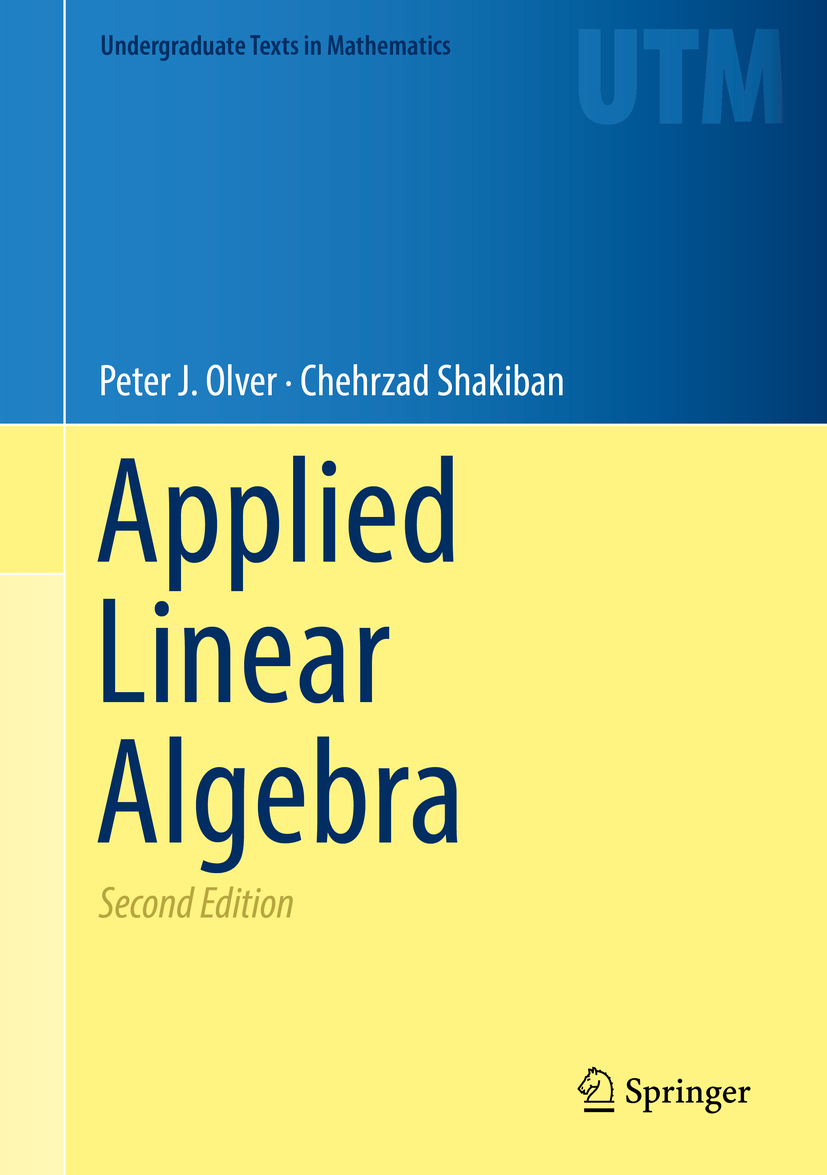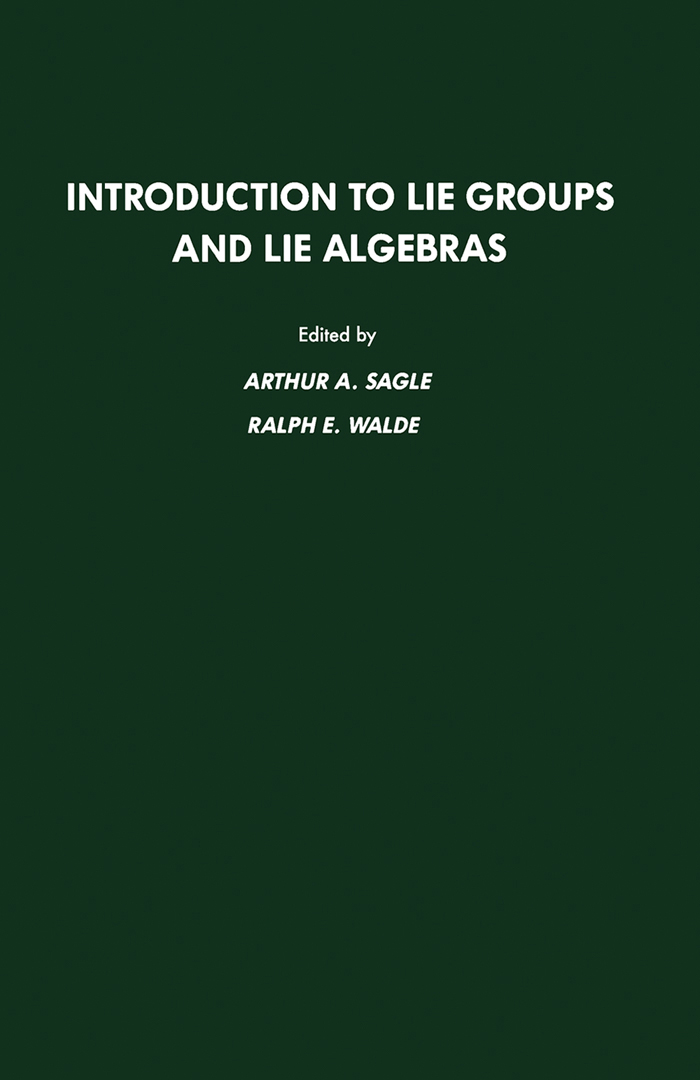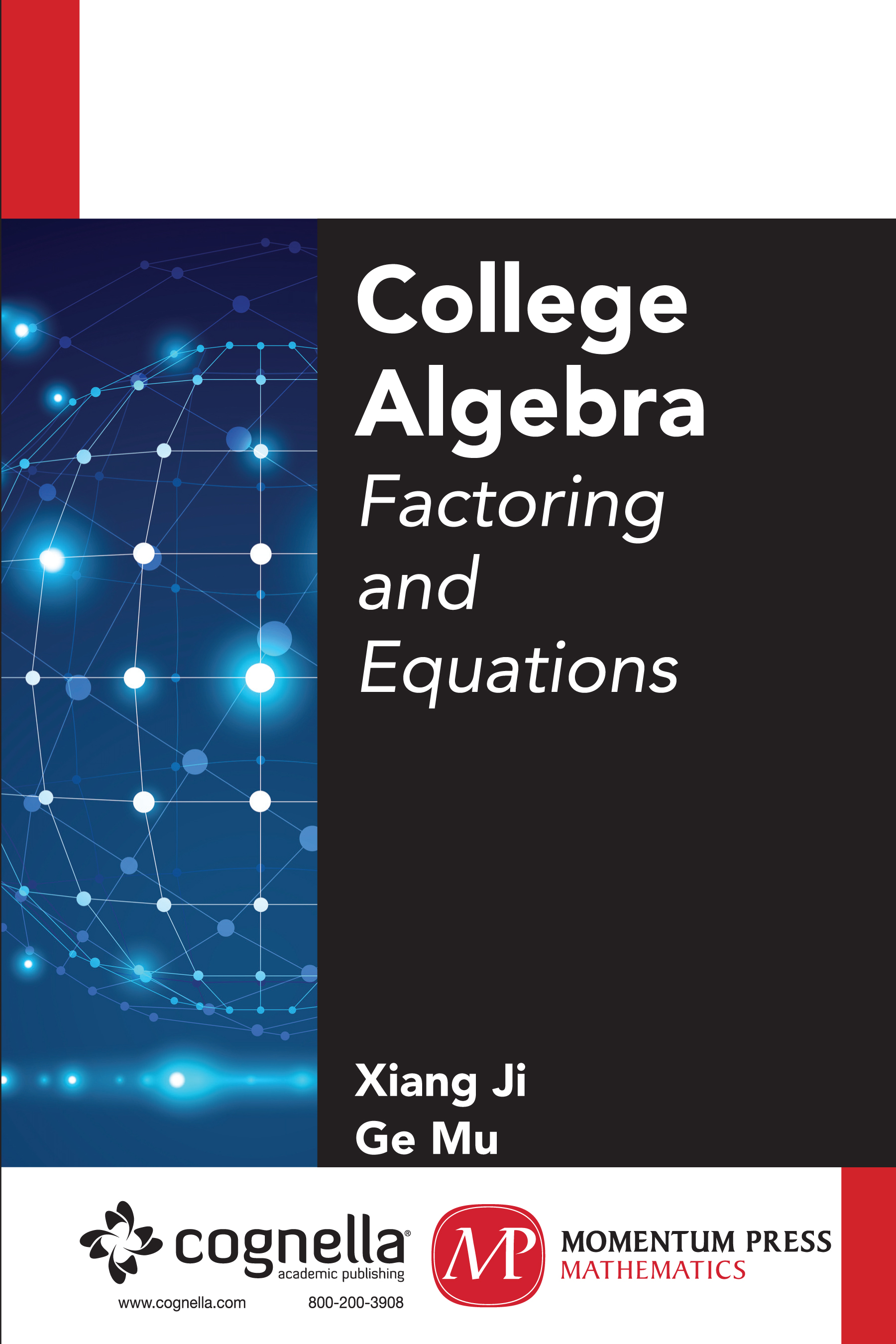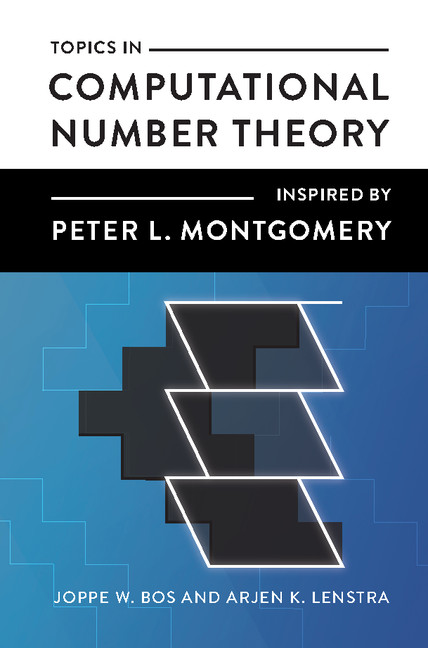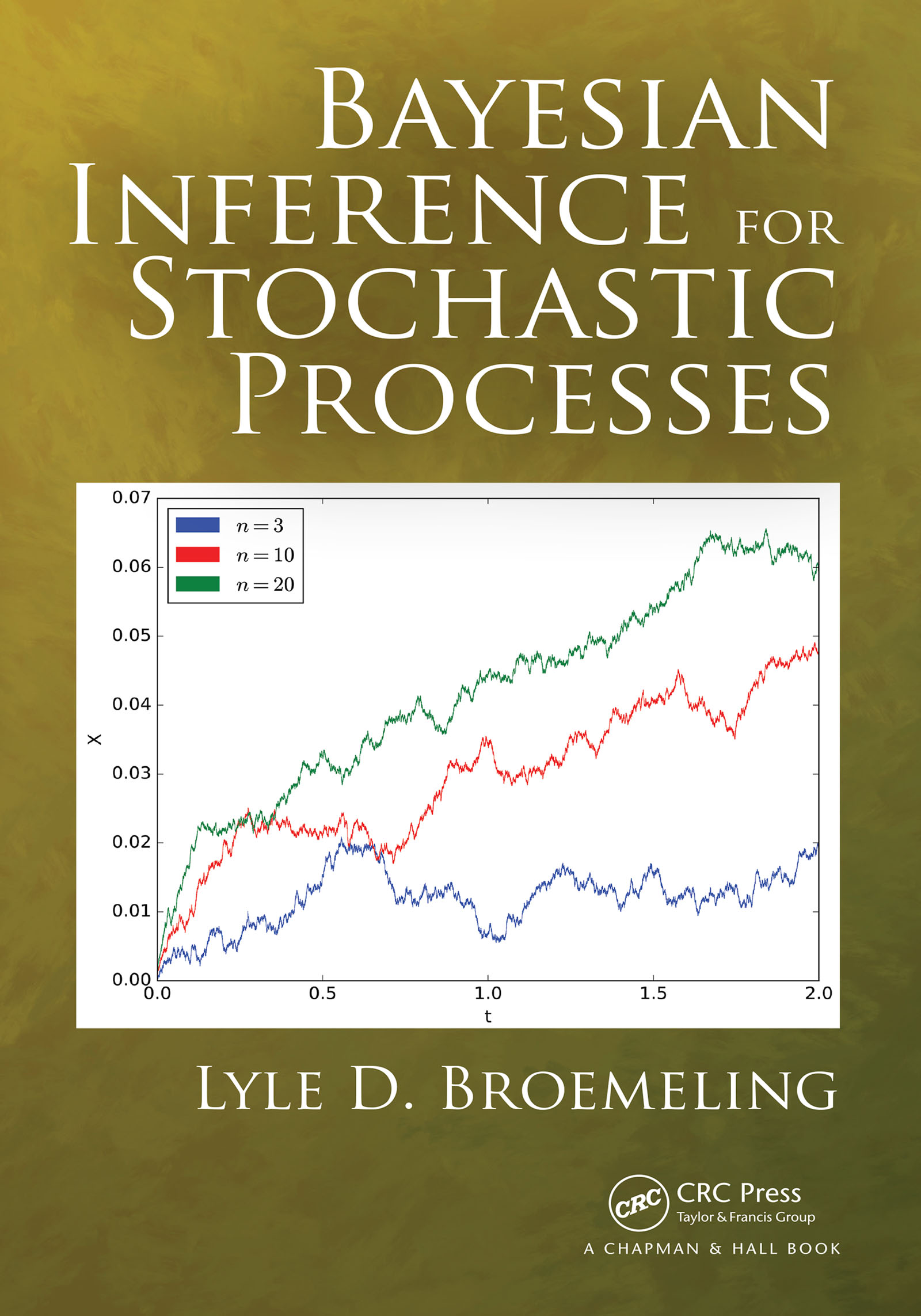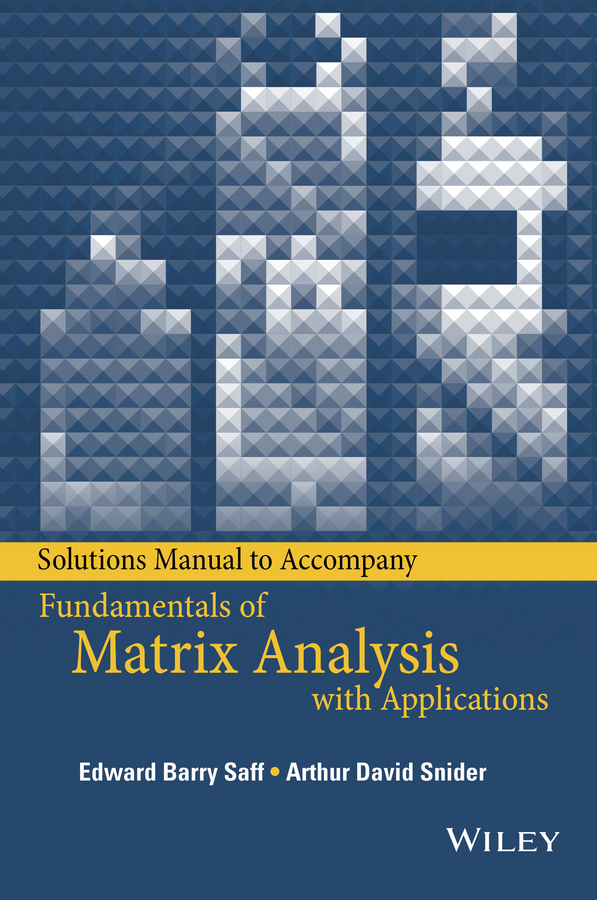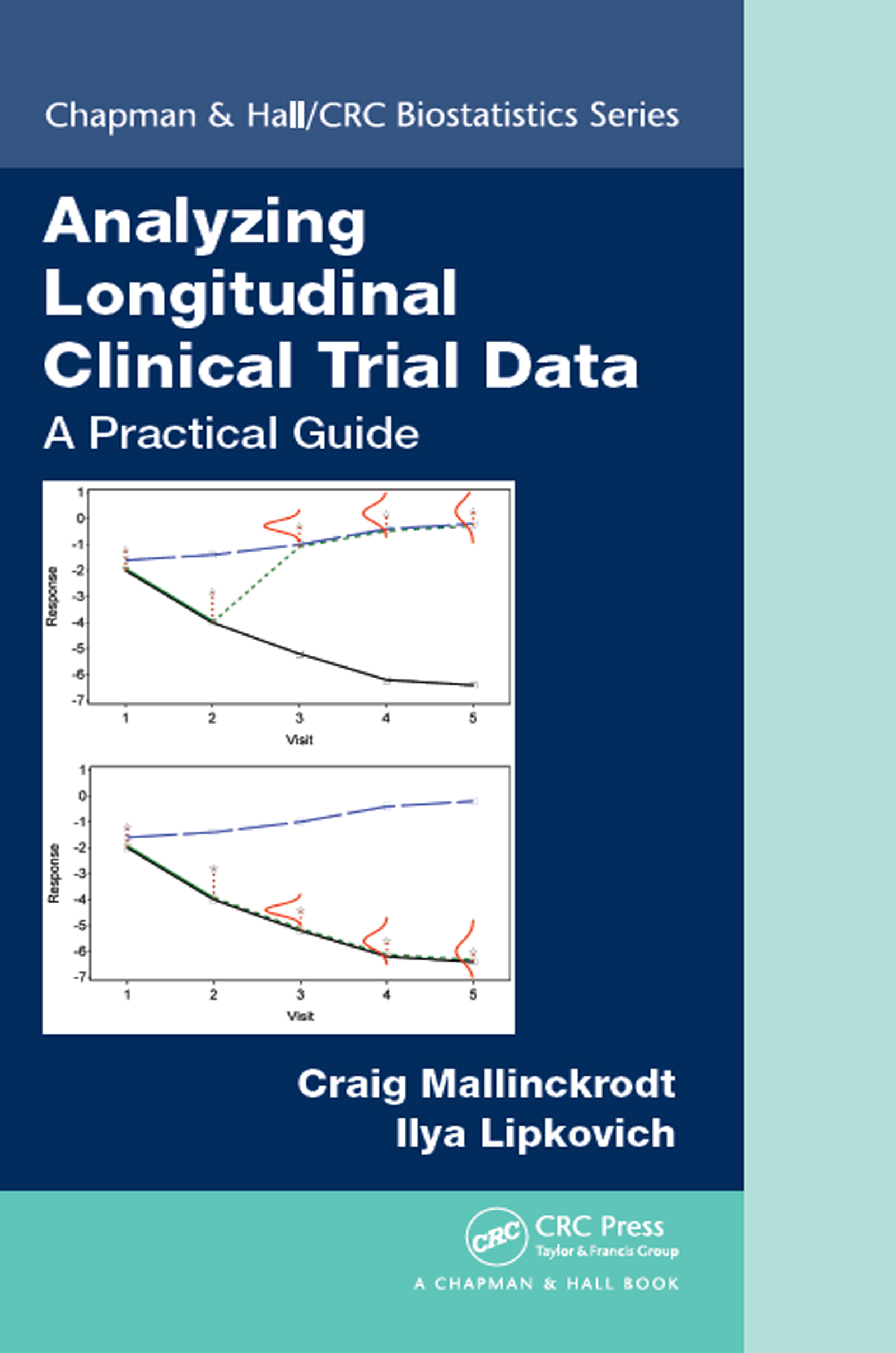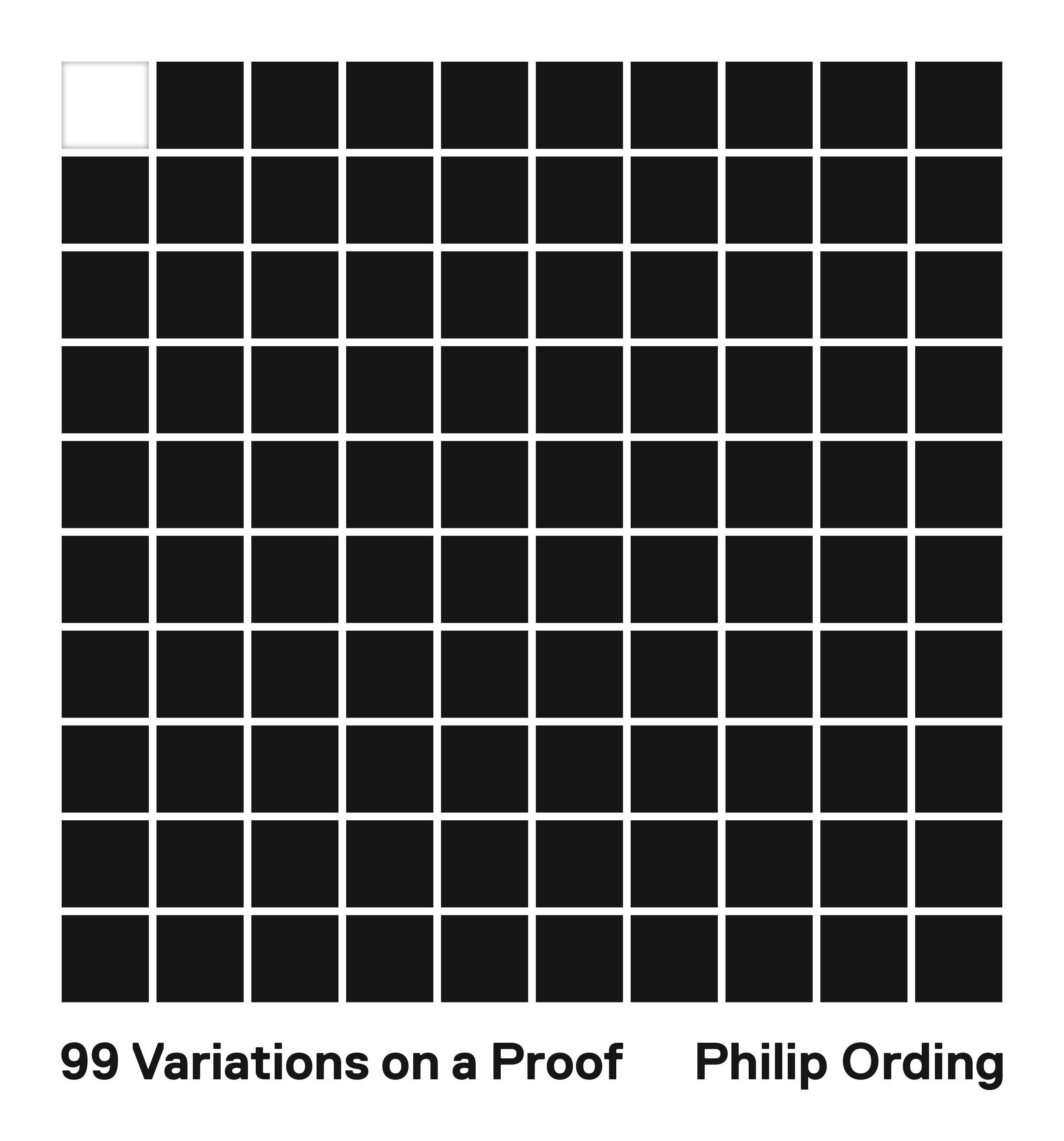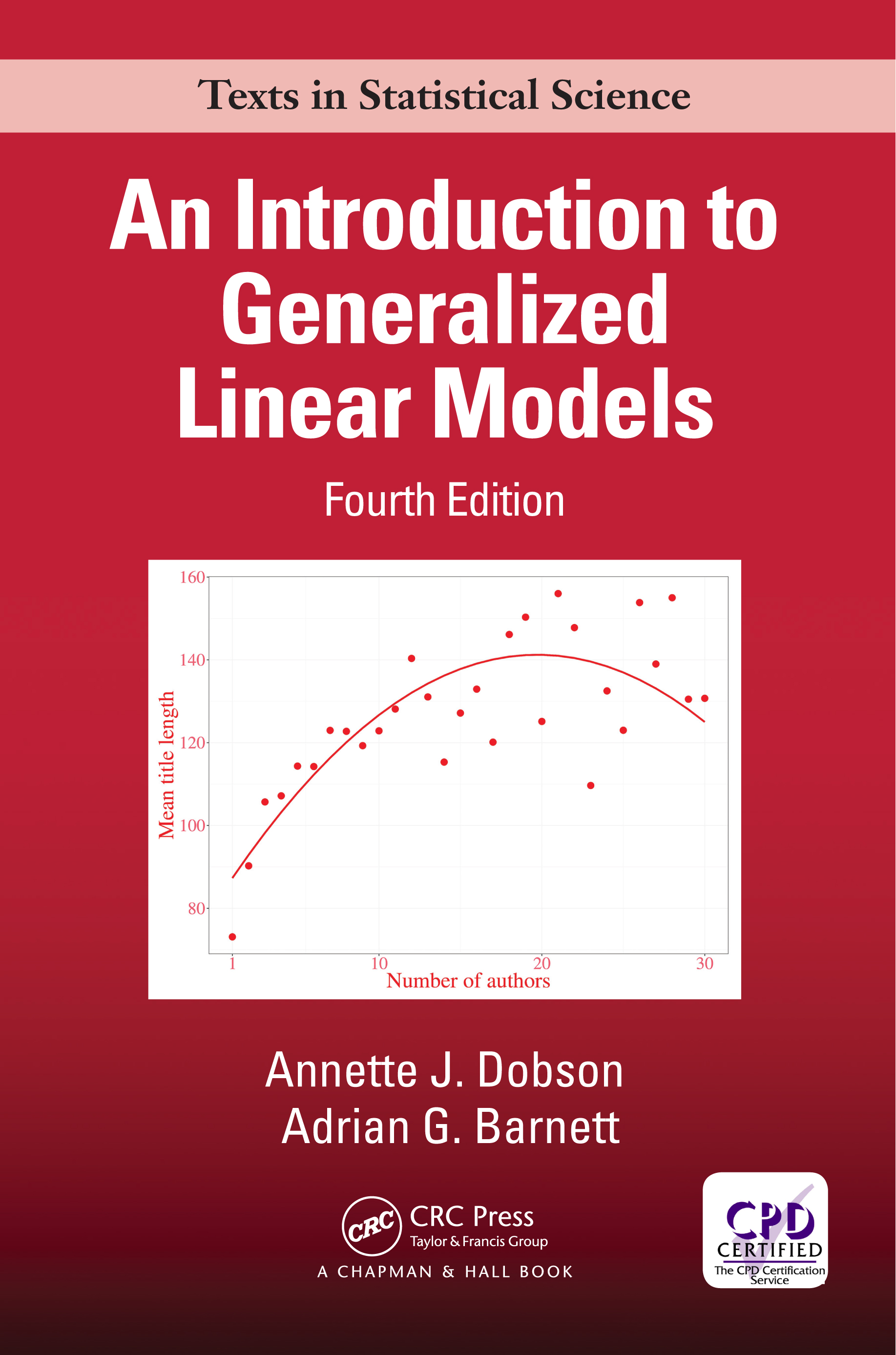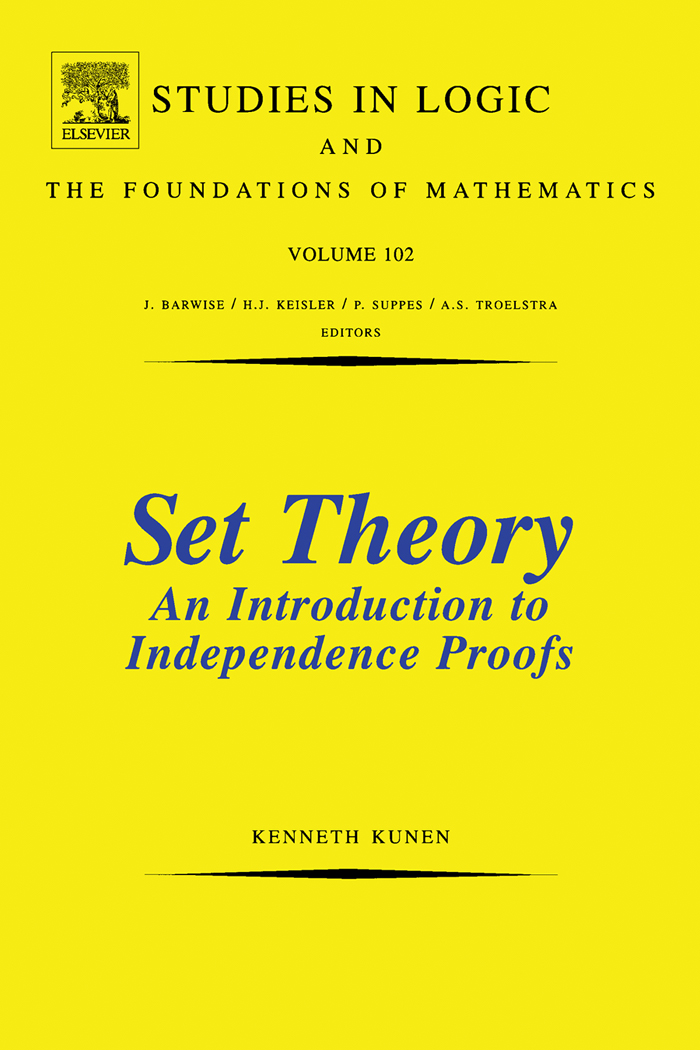Orthogonal Polynomials
by Paul Nevai
2020-07-24 12:43:58
This volume contains the Proceedings of the NATO Advanced Study Institute on "Orthogonal Polynomials and Their Applications" held at The Ohio State University in Columbus, Ohio, U.S.A. between May 22,1989 and June 3,1989. The Advanced Study Institute...
Read more
This volume contains the Proceedings of the NATO Advanced Study Institute on "Orthogonal Polynomials and Their Applications" held at The Ohio State University in Columbus, Ohio, U.S.A. between May 22,1989 and June 3,1989. The Advanced Study Institute primarily concentrated on those aspects of the theory and practice of orthogonal polynomials which surfaced in the past decade when the theory of orthogonal polynomials started to experience an unparalleled growth. This progress started with Richard Askey''s Regional Confer ence Lectures on "Orthogonal Polynomials and Special Functions" in 1975, and subsequent discoveries led to a substantial revaluation of one''s perceptions as to the nature of orthogonal polynomials and their applicability. The recent popularity of orthogonal polynomials is only partially due to Louis de Branges''s solution of the Bieberbach conjecture which uses an inequality of Askey and Gasper on Jacobi polynomials. The main reason lies in their wide applicability in areas such as Pade approximations, continued fractions, Tauberian theorems, numerical analysis, probability theory, mathematical statistics, scattering theory, nuclear physics, solid state physics, digital signal processing, electrical engineering, theoretical chemistry and so forth. This was emphasized and convincingly demonstrated during the presentations by both the principal speakers and the invited special lecturers. The main subjects of our Advanced Study Institute included complex orthogonal polynomials, signal processing, the recursion method, combinatorial interpretations of orthogonal polynomials, computational problems, potential theory, Pade approximations, Julia sets, special functions, quantum groups, weighted approximations, orthogonal polynomials associated with root systems, matrix orthogonal polynomials, operator theory and group representations.
Less


